Extreme heat is breaking records around the world, and it's expected to continue. Half a million people die annually from heat-related factors.

- Europe and Arabs
- Saturday , 9 August 2025 9:33 AM GMT
New York: Europe and the Arabs
Extreme heat is breaking records around the world, and the crisis is being exacerbated by wildfires and poor air quality, according to a report issued by the World Meteorological Organization. The UN's daily news bulletin added, "Extreme heat caused approximately 489,000 heat-related deaths annually between 2000 and 2019, with 36% of these deaths occurring in Europe and 45% in Asia.
The health impacts of heat are particularly severe in cities due to the so-called 'urban heat island effect' – the higher temperature of dense urban areas compared to their rural surroundings – which exacerbates problems as urbanization continues.
Amid rising temperatures in the 21st century, the World Meteorological Organization confirmed that July 2025 was the third-hottest July ever recorded, following July 2023 and 2024.
Heatwave in Europe
In the record-breaking July, heatwaves particularly affected Sweden and Finland, which experienced unusually long periods of temperatures above 30°C (86°F).
Southeastern Europe also faced Heat waves and wildfires, as Turkey set a new national record of 50.5°C (122.9°F).
Asia, North Africa, and the United States
In Asia, above-average temperatures soared the most across the Himalayas, China, and Japan in July, with the extreme heat continuing into August.
In the week leading up to August 5, temperatures exceeded 42°C (107°F) across West Asia, South Central Asia, the southwestern United States, much of North Africa, and southern Pakistan—with some areas exceeding 45°C (114°F).
Parts of southwestern Iran and eastern Iraq experienced particularly extreme temperatures above 50°C (122°F), disrupting electricity and water supplies, education, and work.
In the week beginning August 4, Morocco issued heat warnings for temperatures as high as 47°C (116°F). Korea also issued widespread heat warnings, as temperature records were broken at stations across parts of China.
In Japan: A new national record of 41.8°C (107.2°F) was set on August 5, breaking the previous record of 41.2°C set a week earlier.
Heatwaves expected to continue
Over the next week, the World Meteorological Center in Beijing expects heatwaves to continue in the same areas, as well as in the Iberian Peninsula and northern Mexico.
These areas are expected to experience maximum temperatures of 38 to 40°C (100.4 to 104°F), with parts of Saudi Arabia, Iraq, Iran, North Africa, and the southwestern United States likely to exceed 45°C (113°F).
Wildfires in Canada
While Canada is experiencing one of its worst wildfire seasons on record, with 6.6 million hectares burned, smoke has clouded skies and caused poor air quality across several northern US provinces and states in late July and early August. Smoke from Canadian fires has crossed the Atlantic twice this summer, affecting skies in Western Europe. From August 5 to 7, and in Central and Southern Europe in late June.
Elsewhere, Cyprus, Greece, and Turkey battled wildfires that forced evacuations and caused deaths. In the United States, a wildfire in Arizona's Grand Canyon National Park disrupted tourism to the popular site.
"No excuses"
"Extreme heat is sometimes known as the silent killer, but with today's science, data, and technology, silence is no excuse," said Ko Barrett, Deputy Secretary-General of the World Meteorological Organization. Every single death from extreme heat is preventable.
The World Meteorological Organization is working to strengthen heat early warning systems as part of the Early Warnings for All initiative. In collaboration with global and local partners, it also helps countries develop heat health action plans and ensure that vulnerable populations receive timely warnings.
WMO is also one of ten UN agencies supporting the Secretary-General's Call to Action on Extreme Heat, which aims to strengthen global cooperation to reduce the impacts of heat through economic and social policies. The main focus is on limiting temperature rise to 1.5°C above pre-industrial levels, in line with the 2015 Paris Agreement.
WMO and WHO estimate that expanding heat health warning systems in 57 countries alone could save nearly 100,000 lives annually.
"Our network connects “We must work together to ensure that no community is left behind in the race to adapt to climate change, which will continue to exacerbate extreme heat for years to come,” she concluded. “This is not just a climate issue; it is a public health emergency.”



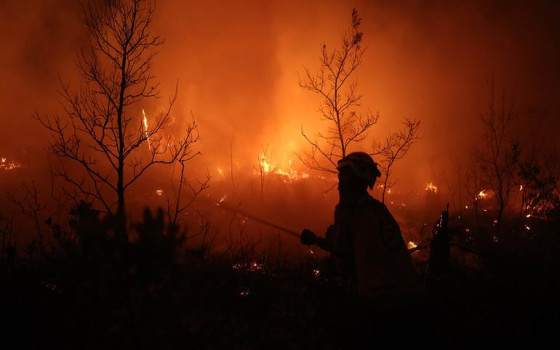
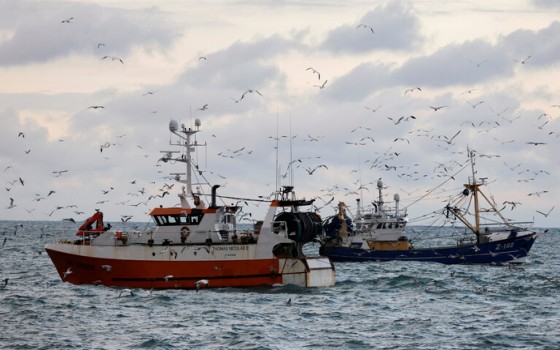

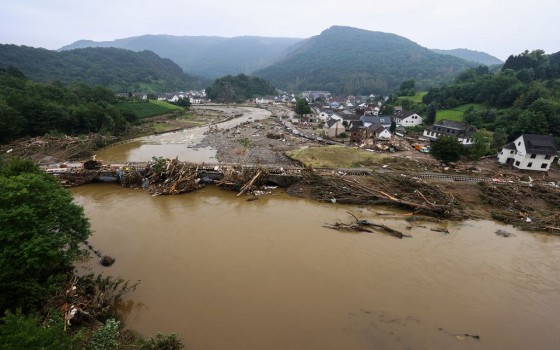
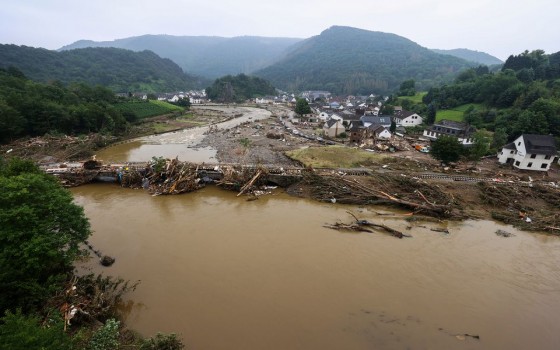


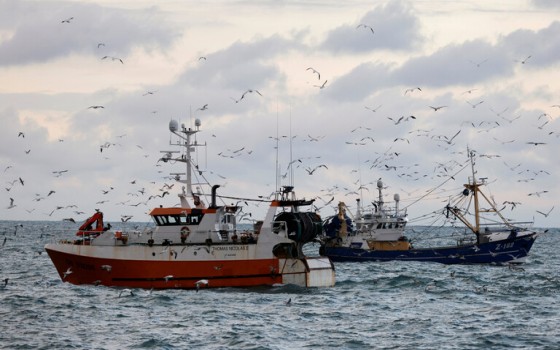



No Comments Found